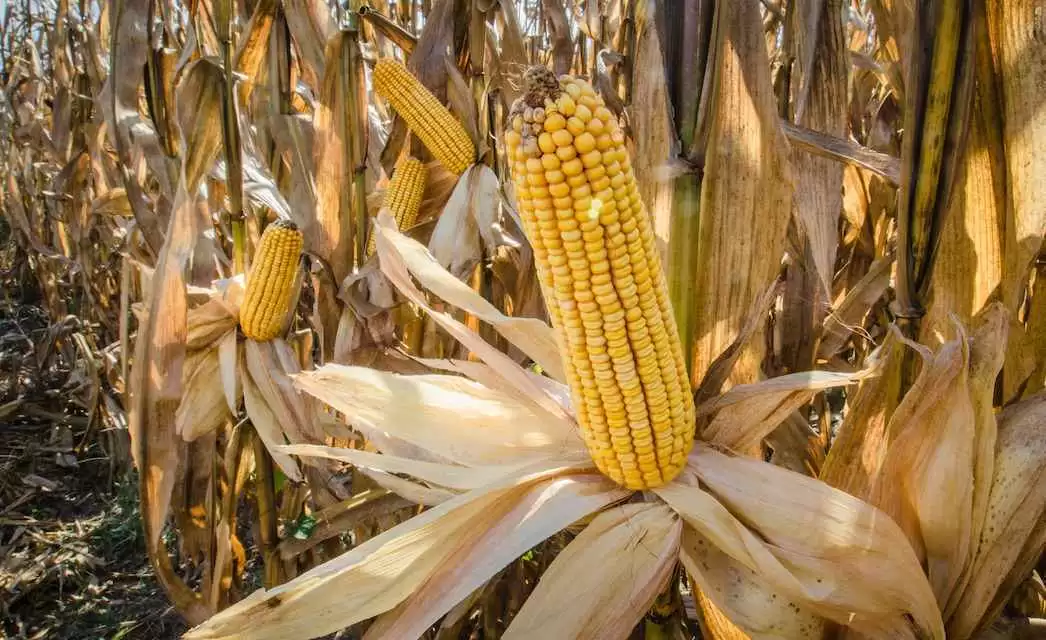
Celiac.com 12/08/2017 - A quick glance at many pet and livestock food labels will show that they contain corn gluten feed (CGF) and corn gluten meal (CGM).
But don't worry. Unlike wheat, barley and rye, corn is naturally gluten-free, as are corn gluten feed and corn gluten meal, says Randy Wiedmeier, livestock specialist with University of Missouri Extension.
Celiac.com Sponsor (A12):
Addressing concerns from people with celiac disease and/or gluten-intolerance over the presence of corn gluten in their livestock feed, Wiedmeier stressed that "Corn gluten meal is a byproduct of processing corn. There is no true gluten in corn, but simply corn proteins."
He stated that he had no idea who came up with the terms corn gluten feed and corn gluten meal, but that they are "obviously misnomers." He added his assurances that it is "perfectly safe to consume meat, milk or eggs produced by farm animals consuming corn gluten feed or corn gluten meal."
Even if corn gluten contained actual wheat gluten, it would not be a problem, as anything eaten and digested by an animal is absorbed into the animal's body, and "reassembled by the animal's metabolism into proteins specific to that animal, not back into gluten that would show up in the animal products," said Wiedmeier.
So, if you have celiac disease or gluten intolerance, you don't have to worry if you see corn gluten listed as an ingredient in your favorite pet food or livestock feed. It is corn-based and gluten-free, and is unlikely to harm you or your pet.
Additional information can be found online at missouri.edu.
Source:







Recommended Comments
There are no comments to display.
Create an account or sign in to comment
You need to be a member in order to leave a comment
Create an account
Sign up for a new account in our community. It's easy!
Register a new accountSign in
Already have an account? Sign in here.
Sign In Now